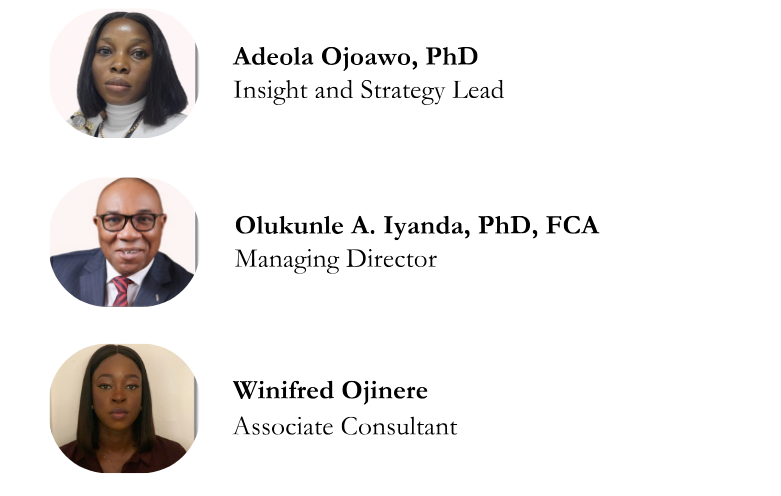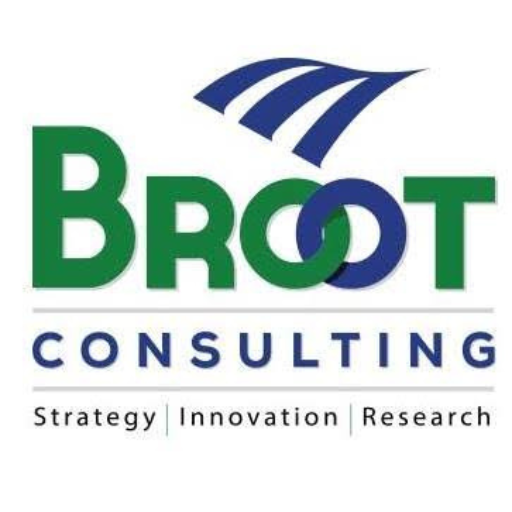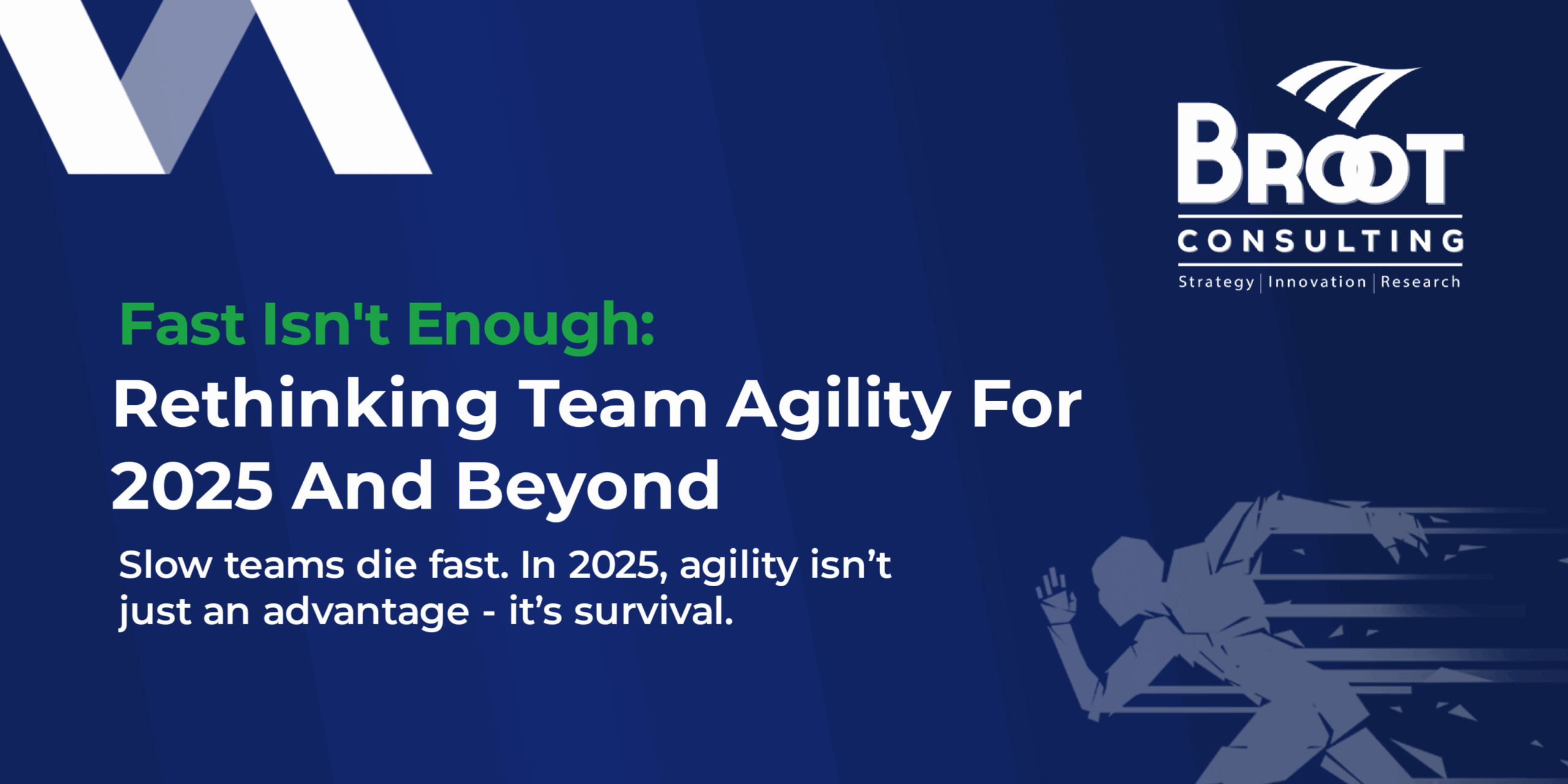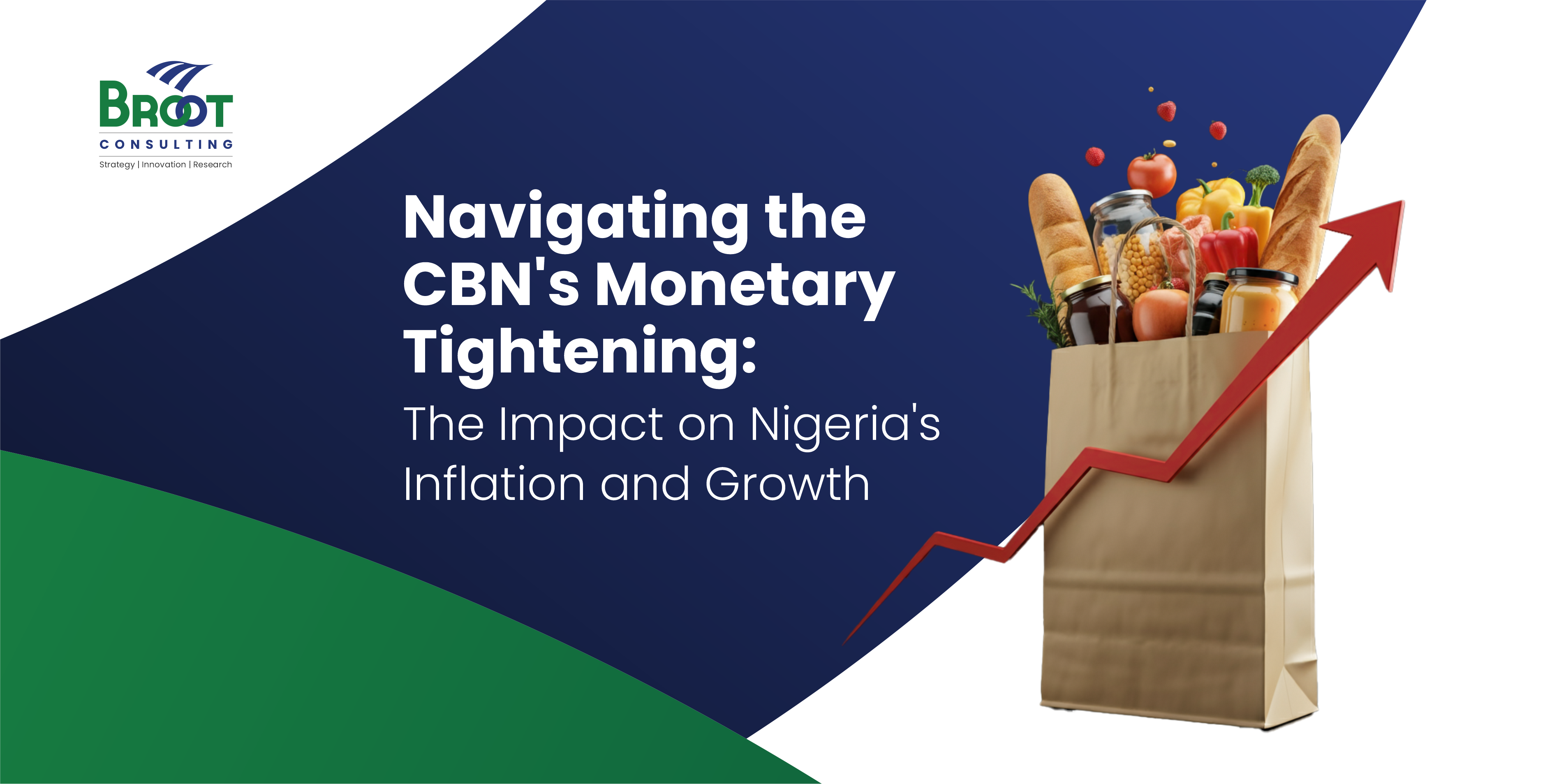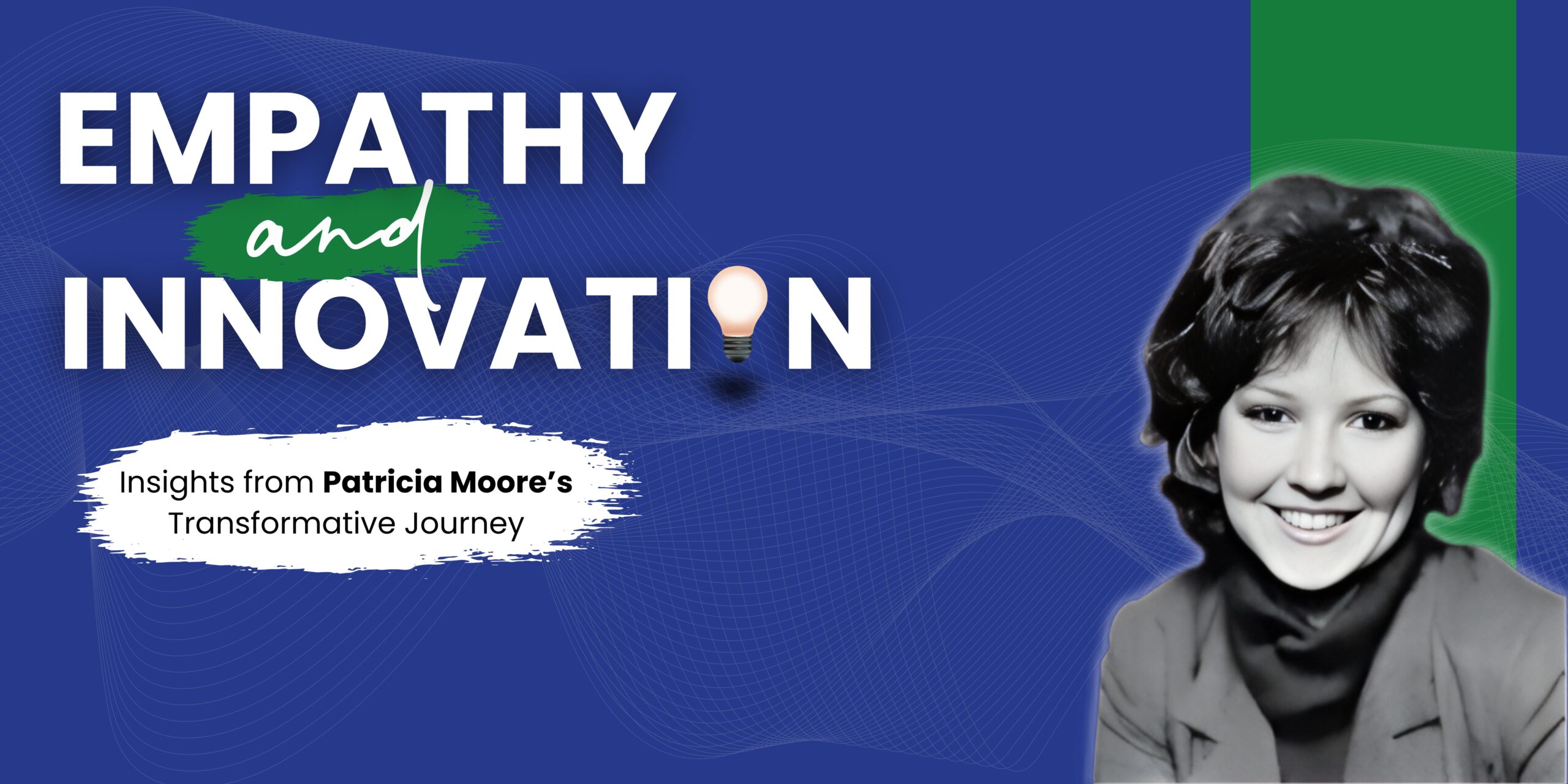In the volatile world of startups, resilience isn’t a soft skill; It’s the lifeline between survival and collapse, and in Africa’s startup landscape, where capital is thin, infrastructure is limited, and exits are rare, resilience isn’t just a lifeline It’s a prerequisite for building anything that lasts.
As a management consultant specializing in leadership behavior, I’ve seen one pattern repeat itself: the fate of a startup mirrors the resilience of its CEO. When leaders thrive, companies endure. When leaders fracture, companies crumble. We’ve seen it repeatedly: promising startups with viable models collapse, not from bad markets, but from leadership fatigue that went unnoticed until it was too late. Silent burnout is a bigger threat than failed funding rounds.
This isn’t just observation, it’s backed by research. Leadership success is heavily shaped by context — the business environment, company life cycle, and firm structure (Porter & McLaughlin, 2006).
Startups operate in a unique, high-stakes context:
- Extreme risk of failure (Ouimet & Zarutskie, 2014)
- High complexity and uncertainty (Sommer et al., 2009)
- Limited experience paired with rapid flexibility and dynamic shifts (Pellegrino et al., 2012)
In this cauldron of unpredictability, resilience isn’t a “nice-to-have.” It’s the foundational currency.
Yet resilience isn’t binary — strong or weak; It exists on a spectrum and, like any critical system, requires regular inspection. That’s where the Resilience Pulse Check comes in. Many founders rely on instinct to gauge their resilience, but instinct isn’t always accurate. What’s needed is structure; A way to track the internal, the same way we obsess over OKRs and growth metrics.
Introducing the STEEL Pulse Check: A Framework for Startup CEOs
To thrive in high-risk environments, startup CEOs must check their resilience systematically, not sporadically.
The STEEL framework is developed as a precision tool to help founders assess and fortify their resilience at any stage.
STEEL stands for:
- Stamina
- Tenacity
- Emotional Mastery
- Elasticity
- Leadership Presence
S — Stamina: Can You Endure the Marathon?
Startups aren’t sprints, they are ultra-marathons without clear finish lines.
CEOs must cultivate not just initial bursts of energy, but sustainable stamina. Exhaustion clouds judgment, fractures team trust, and accelerates poor decisions.
Pulse Check Questions:
- Am I managing my physical and mental energy like a strategic asset?
- Is fatigue subtly driving my leadership behavior?
T — Tenacity: Are You Fighting Smart, Not Just Hard?
Tenacity is more than stubbornness. It’s about relentless pursuit with adaptive intelligence.
Research consistently shows that startup success hinges on flexible persistence — the ability to pivot when necessary while maintaining commitment to the overarching vision (Markman & Baron, 2003).
Pulse Check Questions:
- Am I sticking to my mission but adjusting my methods?
- When faced with failure, do I become creative or rigid?
E — Emotional Mastery: Who Controls the Temperature?
In chaotic environments, emotional regulation is a CEO’s secret weapon. Leaders who react impulsively sow fear and uncertainty; leaders who respond strategically stabilize the entire organization.
In startups where resources and certainty are scarce, a CEO’s emotional mastery directly affects team resilience and decision-making quality (Baron, 2008).
Pulse Check Questions:
- Am I a thermostat (setting the tone) or a thermometer (reacting to external chaos)?
- How do I metabolize stress productively or destructively?
E — Elasticity: Can You Bend Without Breaking?
Elastic leaders reframe failure as feedback, not as identity attacks.
Elasticity is crucial in startups where pivots, sudden market shifts, and team turnover are inevitable. Without elasticity, leaders either cling to dead strategies or internalize failures, eroding their judgment and risk appetite.
Pulse Check Questions:
- When plans derail, do I seek new solutions quickly?
- Am I mentally agile or emotionally anchored to old ideas?
L — Leadership Presence: Are You the Steel Spine?
In high-uncertainty contexts, presence is more powerful than promises.
Employees, investors, and customers subconsciously mirror the CEO’s emotional and strategic stability. Strong leadership presence — calm, decisive, visible — is an underappreciated accelerator of resilience across the organization (Goleman, 2000).
Pulse Check Questions:
- Am I showing up as the steady anchor my team needs?
- Is my leadership reassuring or destabilizing my people?
Many startup CEOs fall into the trap of viewing resilience as a fixed personality trait.
The truth is, resilience is a living system that requires constant maintenance. Unchecked, tiny fractures, sleepless nights, unchecked stress, suppressed failures compound into catastrophic collapses.
A regular STEEL Pulse Check prevents that slow-motion fall.
From the angle of investors, they notice more than numbers. In times of volatility, what often retains investor confidence isn’t just traction; it’s the founder’s poise under pressure. A resilient CEO isn’t just leading operations; they’re signalling continuity. They are the startup’s risk buffer.
Final Thought: Your Startup’s Hardest Battle Isn’t Out There It’s Inside You
Most startups don’t fail because the idea was weak; They fail because the leader’s resilience wore thin before their opportunity did. By treating resilience as a strategic system, using frameworks like STEEL, CEOs transform from reactive survivors into proactive, enduring leaders. Also, when resilience is steady, everything else becomes possible. In the end, the company is only as unbreakable as the person leading it. And just like steel, resilience isn’t about never bending. It’s about holding form when pressure mounts, again and again.
Authors
